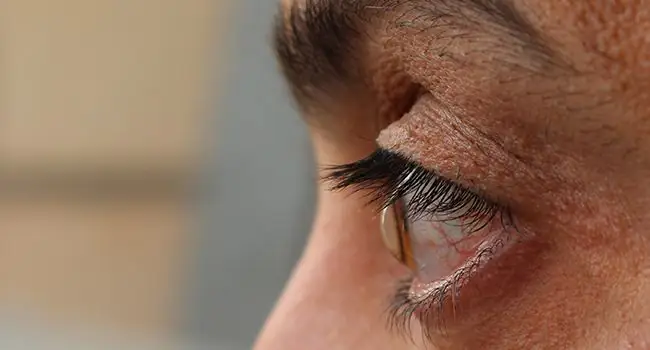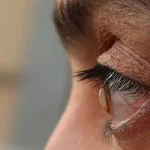Planning of undergoing a keratoconus surgery? Read ahead
Keratoconus is a progressive eye disorder in which the cornea (clear front part of the eye) starts getting thinner and distorts into a cone-like shape. The distorted vision caused by the cornea can not be corrected through glasses. It becomes noticeable when the person is in his teens or early 20’s. Keratoconus is mostly bilateral and asymmetric, which implies that it usually affects both eyes. However, one eye Jun be more affected than the other.
Keratoconus symptoms
Keratoconus signs and symptoms Jun change as this eye disorder progresses. Some symptoms include:
- Distorted or blurred vision
- Clouding of vision
- Frequent changes in eyeglass prescription
- Issues in driving at night
- Poor sensitivity to bright light and glare
Such symptoms indicate that the person needs to consult an eye specialist as soon as possible.
Keratoconus causes
The exact reasons for keratoconus are unknown, although some environmental and genetic factors are believed to be the reasons behind this eye disorder. Some of the risk factors involved with keratoconus are as follows:
- Family history of glaucoma
- Constant eye rubbing
- If the person is suffering from some condition like Down syndrome, asthma, hay fever, and retinitis pigmentosa
- Connective tissue disorder
- Itching
- Eyestrain, particularly when it comes to reading
- Decreased visual acuity
- Perception of multiple images forming in the eye (Monocular polyopia)
Keratoconus complications
In some cases, the cornea Jun swell quickly and severely to cause reduced vision and scarring of the cornea. A scarred cornea causes issues in proper vision and Jun require cornea transplant surgery to get better.
Keratoconus diagnosis
To begin with the diagnosis, your eye specialist will review your medical and family history before conducting a comprehensive eye exam. The tests would be done to understand the shape and current status of your cornea, like:
- Slit-lamp examination:
In this test, the eye specialist directs a vertical beam of light and uses a microscope to check your eyes thoroughly. This test helps in the correct evaluation of eyes, along with detecting other potential issues in your eyes.
- Computerised corneal topography/mapping:
Corneal topography is a non-invasive technique that is used to map the surface curvature of the cornea.
- Eye refraction test:
In this test, the eye specialist will check for vision issues by letting you see through a device with multiple lenses. This also gives your doctor an idea which combination of lenses will provide you with the sharpest vision.
- Keratometry:
Through keratometry, doctors determine the basic shape of your cornea by focusing a circle of light on your cornea and measuring the reflection.
Keratoconus treatment
The treatment for keratoconus depends on the severity of your condition and how rapidly the condition is progressing. The doctors aim to slow the progression of the keratoconus and improve the vision of the patient.
If keratoconus is progressing, corneal collagen cross-linking can stop or slow down the progression. This can prevent the patient from undergoing cornea transplant surgery. But this treatment does not improve vision or reverse this eye disorder.
While some people might require eyeglasses or contact lenses to treat mild to moderate cases of keratoconus, this is largely a long term treatment.
If the keratoconus gets in its advanced stage and the cornea becomes scarred, then wearing contact lenses will not solve the problem. The person then might need to go for corneal transplant surgery.
Cornea transplant surgery is generally successful. But as no surgery is free of risks, likewise some possible complications related with cataract surgery can be an eye infection, poor vision, astigmatism, and graft rejection. Astigmatism can still be managed by wearing hard contact lenses, which can be quite comforting than a cornea transplant itself.
Keratoconus can be treated when you have the right doctor to guide you and help you sail smoothly through the journey of recovery. If you or any of your loved ones are dealing with this problem, it is time to get the right treatment. Talk about it today. At Centre of Sight, we have expert doctors and best in class infrastructure for delivering quality treatment related to eye care to our patients. We have a team of skilled keratoconus specialists who are always there for the best possible care of your eyesight.
Article: Keratoconus Surgery: Things to Keep in Mind
Author: CFS Editorial Team | Aug 24, 2020 | UPDATED 01:15 IST
*The views expressed here are solely those of the author in his private capacity and do not in any way represent the views of Centre for Sight.





